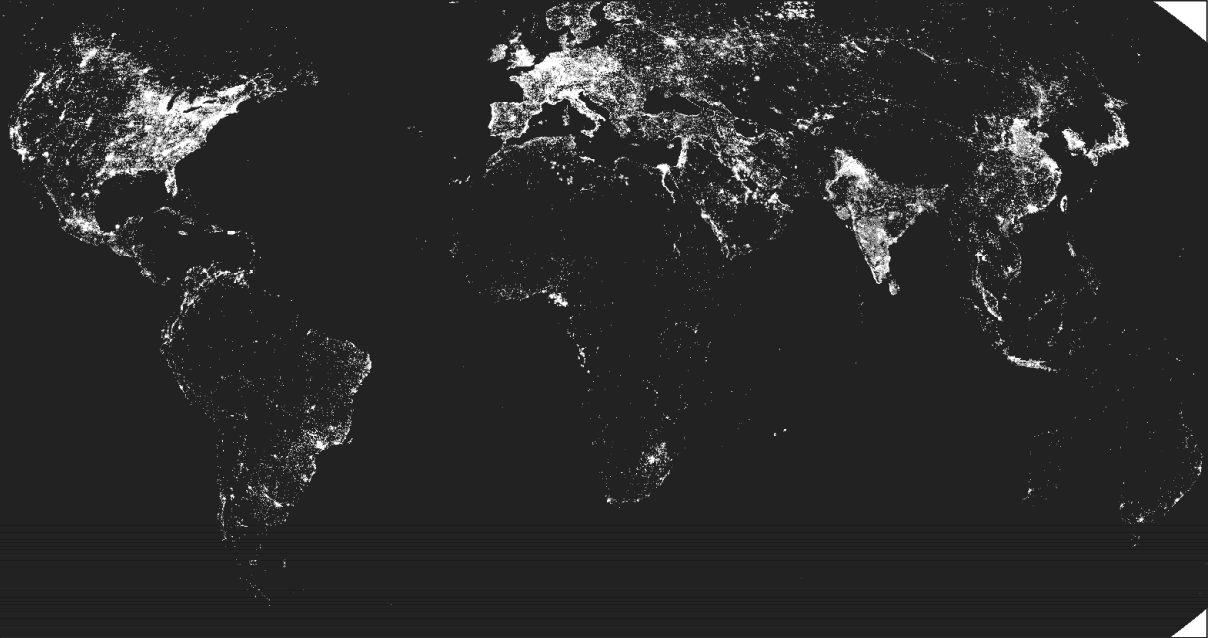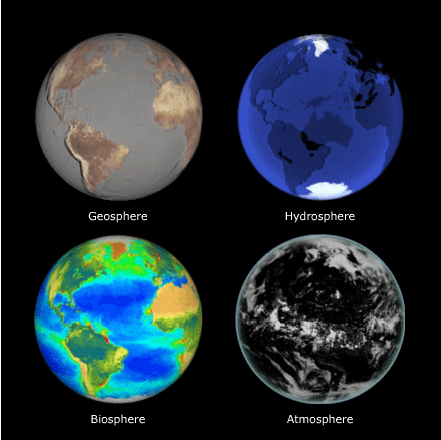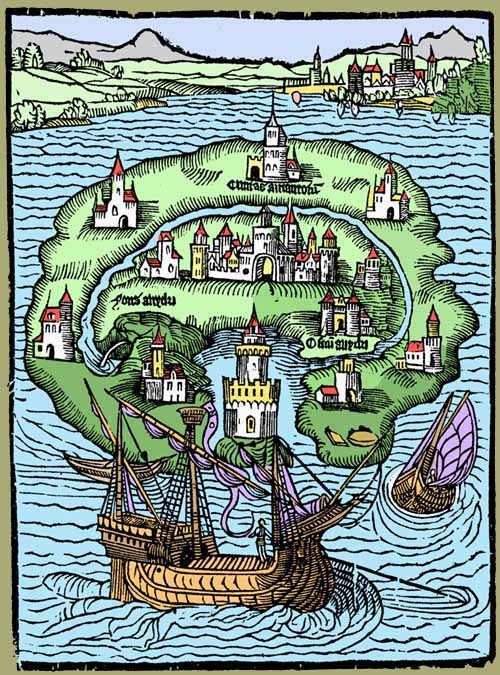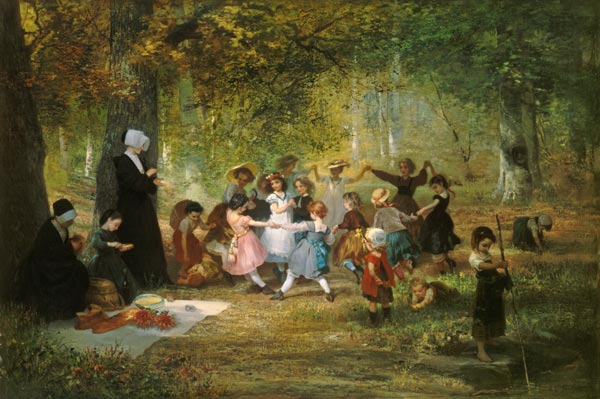I have been echoing this view for years. Many of my friends who believe in climate change have accused me of being a skeptic. But that is far from the truth considering I should be under the title "External Skeptic" if I were to be called one. This is because I look at changes in the climate broadly and not from the onset of the industrial age: from 1860-present. This time frame only catches a phenomena. But when, as Robertson says, we look at the entire climate history of the earth, we are likely to find answers to the debates that have plagued past climate change theorists. Now it should be a forgone conclusion, from an external skeptical standpoint, that climate change does exist if we analyze the rate at which climates have shifted versus how they used to shift. The exponential increase affirms the conclusion that climate change is real. One example is personal for me. Recently, for Civic Engagement, my group sought to build an app to educate people about the importance of shellfish to maintaining a health ph-level in the earth's oceans. But due to recent increases in ph-levels, many shellfish cannot grow adequately to function how they used to function in the ecosystem, becoming easier prey for predators or dying before they become food, which has also drastically changed many food webs in the earth's oceans. This is a scary topic to address. If the animal most used to maintaining healthy ph-levels is dying out, what does that mean for every other animal, not just its predators, in the ocean? An apocalyptic situation. I think humans need to drastically decrease their emissions and their waste pollution if they want to continue to eat protein-dense animals such as sea fish without tons of mercury.

https://i.ytimg.com/vi/yQuTjRh18-8/maxresdefault.jpg
How do we save our planet after the damage we've caused? I personally think that it begins with the individual. If we take the Humean approach to ethics and apply it to the ethics of keeping the planet from becoming a water world, then we all must be, as Robertson mentions,"Climate Neutral." "Climate Neutral is a term used to describe living or doing business in a way that results in an overall net climate impact of zero. Many people use the term Carbon Neutral to refer to the same condition of no net green gas emissions." (Robertson, 2014) This notion really does become a Friedrich Hayek-like/Humean principle of individual autonomy, where the individual will decide what is best for his/her personal needs and in doing so an economy or a universal ethic is created by contract between others. To do anything worth doing, I believe that is the way to approach climate problems. And to set the bar for zero net climate impact will be one step into the home of creating a better world. This starts with a plan.

https://upload.wikimedia.org/wikipedia/commons/7/7f/Friedrich_Hayek_portrait.jpg
Just as Robertson claims,"Planning is an important first step in any activity, laying out a roadmap for the tasks ahead." (Robertson, 2014) Her use of roadmap reminds me of when I study for the LSAT, where Kaplan and many other helpful guides recommend getting used to making a mental roadmap so that when you answer a question you can go back to the main conclusions and premises with ease. I think this advice is very useful for changing climate change because, in my opinion, setting up a methodology and then putting it into a framework is how we as humans process important information and come to be attached to that information. Therefore, it is likely that if we make a plan and set it into action more people are likely to understand the issue, want to change the issue, and help you do so. What comes to mind is developing more companies that offer affordable electric cars (unlike Tesla) and finding ways to harness electricity without the use of Fossil Fuels.









